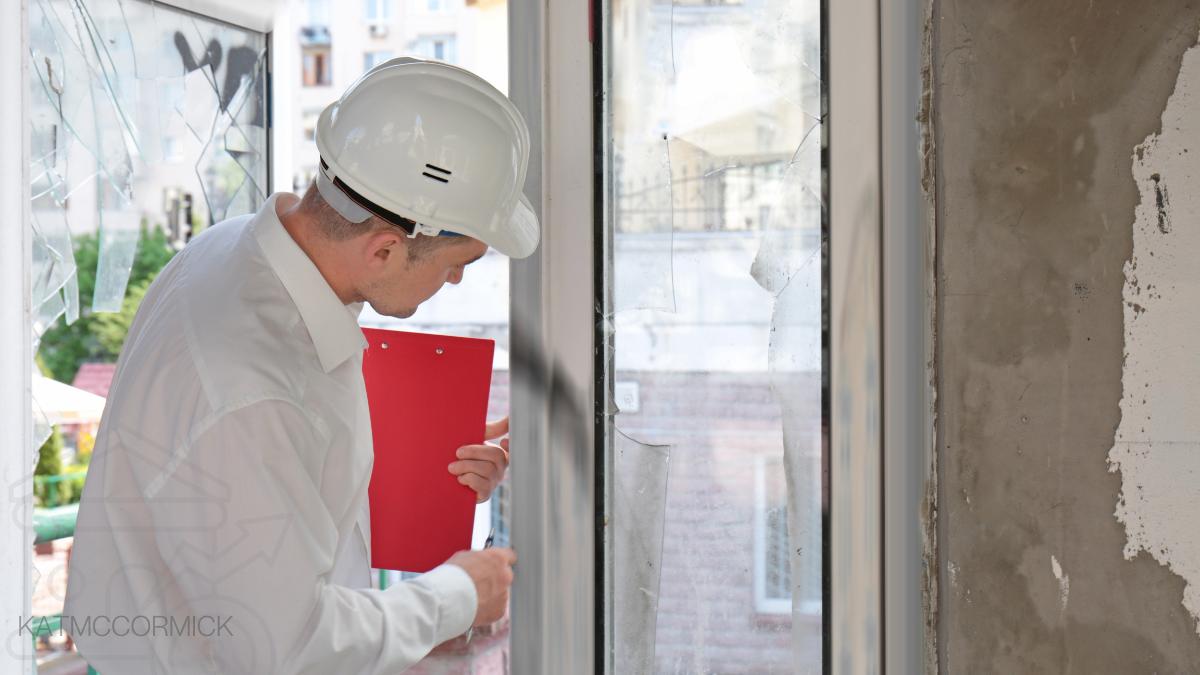The success of your business as a landlord depends on your ability to keep your rental properties in good repair and examine them on a regular basis. This comprehensive guide provides detailed instructions for maintaining and cleaning rental properties. Maintaining happy tenants and pristine properties is possible with these measures. Feel free to begin researching the issue of Property Maintenance and Inspection.
The Importance of Property Maintenance and Inspection
As the owner, it’s your job to keep your property in good shape by going there often and changing things that need to be fixed. It keeps your renters safe and healthy and keeps your house in good shape.
Why Regular Inspections Are Vital
Carrying out regular inspections on your home can help keep big problems from happening. This precaution could save you time and money in the long run.
Tenant Satisfaction
Tenants are more likely to be happy in buildings that are well taken care of. This can mean longer leases and fewer empty units. The renters are more likely to take care of the house if they are happy.
Property Maintenance Checklist
Maintaining your property properly requires a thorough checklist to guarantee nothing is forgotten. Here is a full list of everything that should be on your list:
Exterior Maintenance
- Landscaping: Maintain a neat and tidy grass and hedges.
- Roof and Gutters: Frequently inspect for cracks and clean out gutters.
- Sidewalks and Driveways: Fix the holes and the bumps.
- Paint and Siding: Fix the siding and do some touchup painting.
- Windows and Doors: Check for draughts and air leaks.
Interior Maintenance
- Plumbing: Make sure there are no leaks and fix them right away.
- Electrical Systems: Check the functionality of all plugs and light switches.
- Flooring: Fix or replace the broken floor.
- Paint and Walls: Fix flaking paint and cracks in the wall.
- Smoke Detectors and CO Alarms: Verify their proper operation.
Property Maintenance and Inspection: A Guide for Landlords
Maintaining a property properly includes regular inspections. A detailed inspection should follow these steps:
Pre-Inspection Preparation
Gather the items on your checklist and any other resources you’ll need.
Walkthrough Inspection
The inspection should be done room by room, and any problems or needed repairs should be noted. Avoid ignoring potential dangers and code infractions.
Communication and Documentation
Take pictures and write down notes to keep a record of the property’s history.
Post-Inspection Follow-Up
After the check, call the renters again to make sure that the agreed-upon repairs or maintenance have been done.
Frequently Asked Questions
What should I do if my tenant refuses an inspection?
Explain why these inspections are necessary and try to arrange a time that works for everyone involved.
Can I charge my tenant for property maintenance and repairs?
The onus of ensuring the property is habitable rests with the landlord.
What should I include in my property maintenance budget?
Having some spare cash on hand to cover emergencies is crucial.
Are there legal requirements for property inspections?
There are different rules for property inspections in each area. To stay out of trouble with the law, learn the rules and laws of your area.
Final Words
Landlords have a fundamental obligation to check and maintain their properties. You can expect to meet your legal obligations as a landlord, build rapport with tenants, reduce maintenance expenses, and boost earnings if you follow the guidelines in this guidebook.
- Key Strategies to Mitigating risks in Rental Property Investments
- The Essential Role of Property Management Companies
- The Ultimate Guide to Handling Evictions and Tenant Conflicts
- The Hidden Impact of Taxes and Insurance Costs
- Protect Your Property: Essential Practices for Effective Tenant Screening

